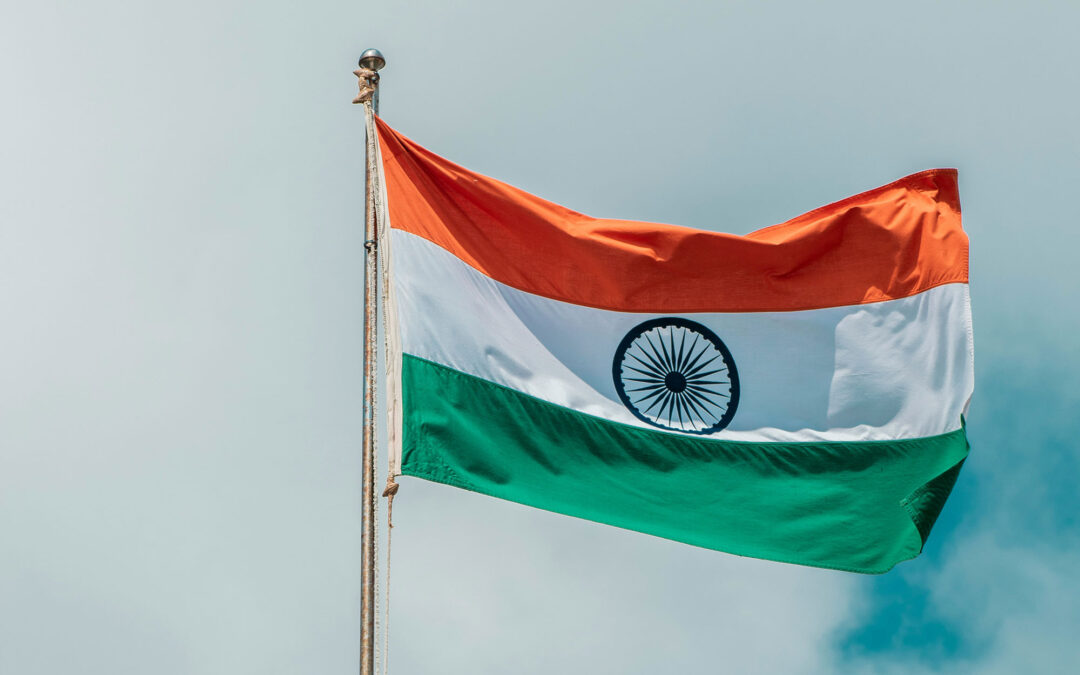Breaking into the Indian hospitality tech market isn’t easy. It’s vast, fragmented, and fiercely competitive. But for those who understand the landscape, the rewards can be significant.
Selling tech solutions in India takes more than a good product. It takes patience, local knowledge – and above all – presence. India is home to roughly 2.5 million available rooms across an incredibly diverse hospitality spectrum, from budget stays to luxury resorts. Yet, despite the scale, much of the market still relies on on-premises property management systems. This presents a clear opportunity for cloud-based providers: not just to grow with the market, but to replace the outdated systems that are already there. For RMS, the entry point was the budget and mid-scale segment – a space less dominated by global tech giants and more open to change.
But convincing large hotel chains to make the shift to cloud technology wasn’t straightforward. Many operators still run standalone systems that don’t share guest data between properties. That means guests returning to the same hotel brand in a different city are treated like first-timers. Loyalty programmes are underused, acquisition costs stay high, and guest experiences suffer. RMS’s pitch to these hotels was simple: cloud systems can unify guest profiles, improve loyalty insights, and cut distribution costs – all while supporting rapid growth for hoteliers.
The team started by identifying chains with over 100 properties that were still using on-premises solutions. Two major players agreed to trial RMS’ technology. That early traction made all the difference. In India’s hospitality circles, reputation carries real weight, so with high visibility and trusted names on board, the rest of the market started paying attention.
India isn’t one homogenous market. It’s a complex mix of regional economies, guest expectations, and price points. RMS focused on Tier 1 and Tier 2 cities like New Delhi (NCR), Mumbai, Bangalore and Pune, where the average daily rate sits between ₹5,000 and ₹20,000 and occupancy rates can reach 70%. These metrics signalled a strong return on investment for hotels looking to modernise their tech stack.
But even with the right targets and strong product fit, pricing remains a major hurdle. In India, hospitality tech is often priced far lower than in Western markets. Sub-$50 per property per month is not unusual, less than a quarter of what the same solution might cost elsewhere. That means tech providers must be both flexible and realistic in their approach, focusing on long-term value and scalable growth.
Relationships are everything. This is a face-to-face market where a video demo won’t seal the deal. We knew our team had to be present, meet decision-makers in person, and follow through with consistent, excellent service. One misstep can tarnish a brand’s name in an instant, but the same applies to those who succeed from the get-go. Good service spreads fast, especially in such a close-knit sector where everyone knows everyone.
Today, RMS works with more than 100 hotels in India, up from just three in 2021. It’s taken persistence and a clear understanding of what Indian hotel operators really need – reliable support, flexible pricing, and systems that actually work for their operational reality. Cloud technology is catching up quickly in India, and RMS is well-placed to ride that wave. But this isn’t a plug-and-play market. It’s one where having your boots on the ground still matters, perhaps now more than ever.

